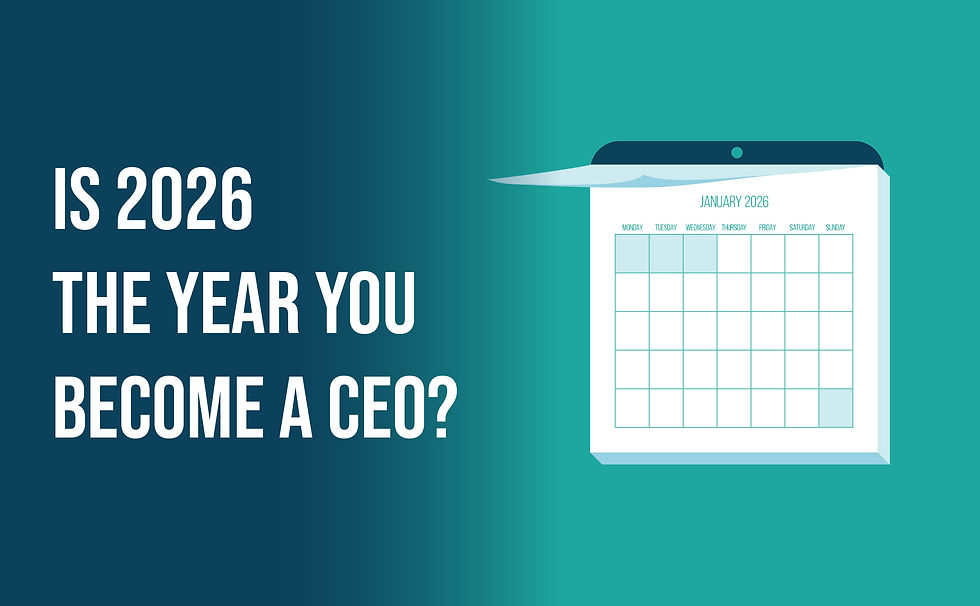HAVE YOU EVER FELT YOU COULD HAVE INTERVIEWED BETTER?
- Peter Sandor
- Jul 13, 2022
- 2 min read
Updated: Jun 8, 2023

There are some things in life you’re better off doing alone. Interview preparation is not one of them.
When it comes to getting ready for an executive interview, you need to talk through your strategy and answers with someone who can provide valid insight, an independent perspective and fresh ideas.
Here are some tips for preparing for your executive interview and optimising your chances of being appointed to your desired role.
SWOT #1 – COMPANY-BASED
SWOT analysis is a useful strategic planning framework that companies use to assess their competitive position and respond to changing environments. But did you know it’s also a strategic interview preparation tool?
That’s right – the first part of preparing for a successful executive interview is to do a SWOT analysis on the organisation you are interviewing with. That way, you can better understand your prospective employer and focus your interview approach accordingly.
Strengths: What is the company doing well and what positive attributes give it a competitive edge? Examples may include a long-standing reputation or strong brand, a patent or loyal customer base.
Weaknesses: What are the organisation’s pitfalls or shortcomings that could be improved? Perhaps they have a high turnover, need more capital or have geographical limitations.
Opportunities: What opportunities exist in the current marketplace? Maybe changes to monetary policy or supply chains could improve profits.
Threats: What threats is the company facing and what contingency plans could help? For instance, maybe new legislation is coming into effect that could affect business. Perhaps supplier prices have gone through the roof or raw materials have become increasingly scarce.
SWOT #2 – PERSONAL
The next step is to give yourself an honest appraisal in relation to the job description. The easiest way to do this is with a SWOT analysis.
Strengths: What do you feel you are able to bring to the table that others can’t? It could be your skills, network, experience or personal attributes, for example.
Weaknesses: What are your weaknesses? Perhaps it’s time management, industry experience, not being a ‘people person’ or a fear of public speaking. It’s important to be honest.
Opportunities: What opportunities could you capitalise on, both from a career perspective and from the perspective of the company hiring you? For example, could your knowledge of a particular sector help you land your desired executive role or could you tap into your network to solve an issue your prospective employer is facing?
Threats: What threats are you facing? Is the nature of your work changing? Is technology making your role obsolete?
WHAT NEXT?
Once you have narrowed down your company and personal SWOT results, you can then develop an informed strategy on how best to answer potential interview questions.
Importantly, you’ll be in a better position to confidently explain how you can add value in the role, in the context of where the company is at in the current marketplace.
NEED EXPERT ADVICE?
Interviews are discussions, so preparing for an interview by yourself is very difficult. Our Interview Ready program will help you brainstorm your SWOT results.
The brainstorming discussion will also anticipate the majority of the interview questions you are likely to face, you’ll be able to test your answers to see if they are strong enough and obtain the strategies you’ll need to answer those unforeseen questions.
To get started, get in touch today!



